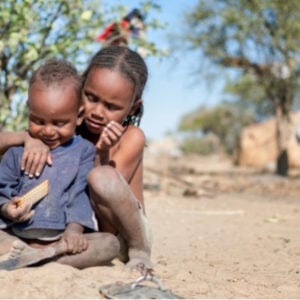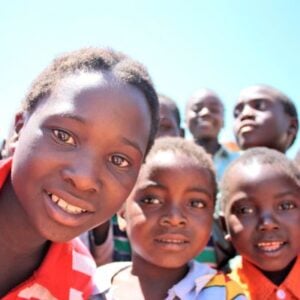Under the leadership of the Ministry of Health and Public Hygiene, Guinea has officially introduced the malaria vaccine into its Expanded Programme on Immunization (EPI), with support from Gavi, WHO, UNICEF, and PATH. This historic step aims to curb the country’s high malaria burden, which remains the leading cause of child morbidity and mortality. In 2023, Guinea recorded an estimated 4.43 million malaria cases, with the parasite prevalence among children under five reaching over 30% in certain regions. Malaria continues to account for a significant proportion of hospitalizations and deaths among children, highlighting the urgent need for effective preventive measures.
The RTS, S malaria vaccine, already tested and used successfully in several African countries, has been shown to significantly reduce hospitalizations and deaths in vaccinated children. Guinea’s decision to adopt the vaccine aligns with its vision of ensuring children start life protected from preventable diseases while strengthening the long-term capacity of the national health system. Beginning in August 2025, the vaccine will be rolled out in four districts with moderate to high malaria transmission—Mamou, Gaoual, Kankan, and Yomou—targeting approximately 60,000 children aged 5 to 11 months each year. The vaccination requires four doses for optimal protection.
Gavi and its partners facilitate the procurement, logistics, and integration of vaccines into Guinea’s immunization program, while strategic investments strengthen health systems, including cold chain infrastructure, human resources, and data systems, ensuring sustainable vaccine delivery. The malaria vaccine is provided free of charge and complements existing prevention methods such as insecticide-treated nets, rather than replacing them. Communication campaigns are being implemented to inform families, mobilize community leaders, and promote vaccine uptake across targeted districts.
The initiative reflects a comprehensive, integrated approach to malaria control that combines vaccination, prevention, treatment, and community engagement. UNICEF has supported the rollout by delivering 568,400 doses, training health workers, developing communication tools, and organizing awareness campaigns. U-Reporters were mobilized to spread key messages and encourage parents to vaccinate their children, strengthening community participation.
Guinea now joins 21 African countries that have incorporated the malaria vaccine into national immunization programs. Experts emphasize that continued funding and investment are critical to expanding coverage and protecting more children from malaria. Gavi aims to fully vaccinate over 50 million children across Africa between 2026 and 2030, ensuring that this life-saving intervention reaches those who need it most.






